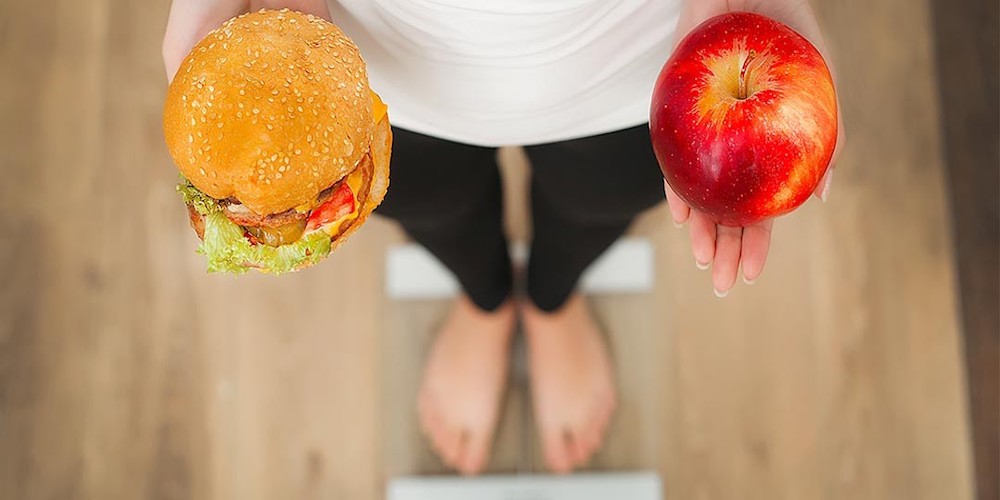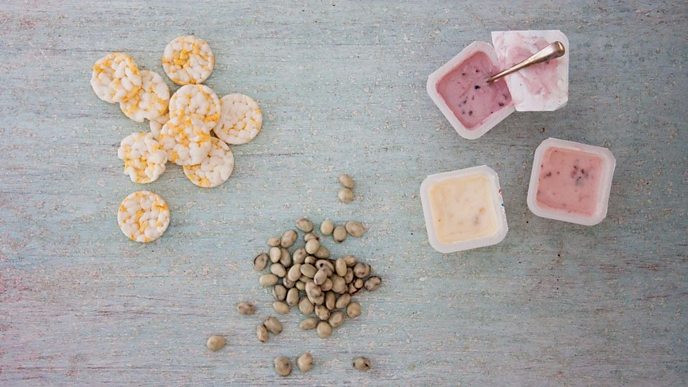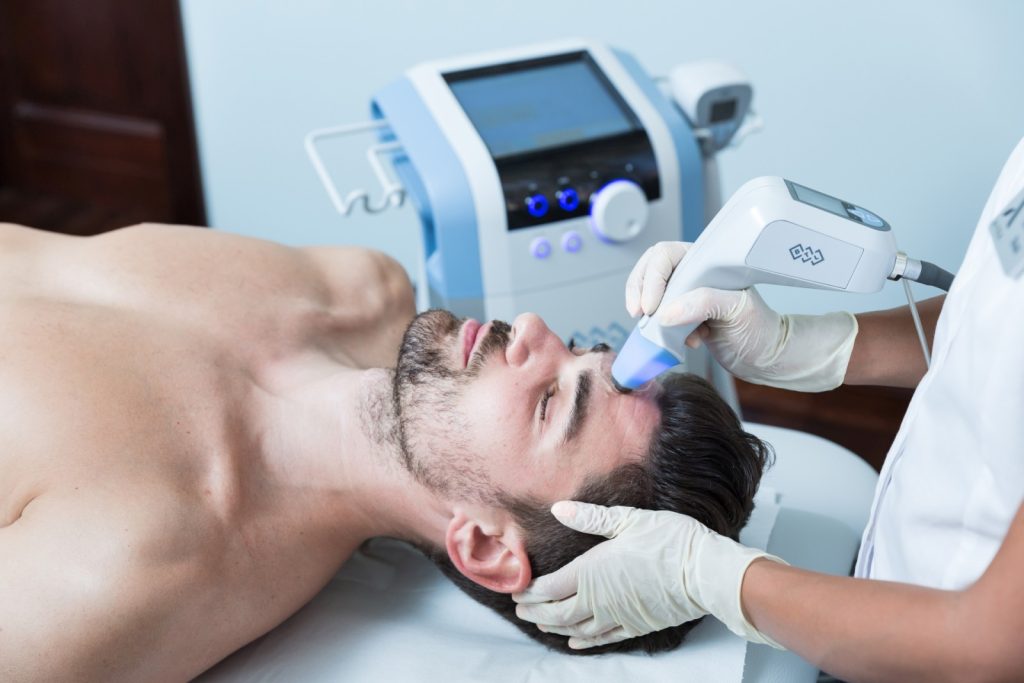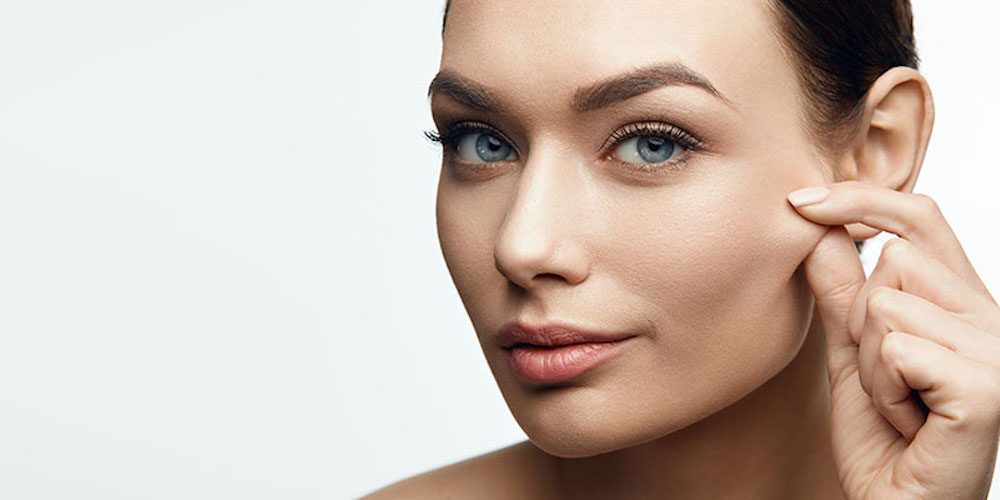Gut Health and Skin

Estimated reading time 7 minutes
How can gut health affect your skin and more importantly why?
Thousands of years ago, Hippocrates, the father of medicine said, “All disease begins in the gut”.
More than 80 percent of the body’s immunity is in the gut and we all have hundreds of naturally occurring bacteria in our gut. Some of these are harmless ‘good’ bacteria that help with digestion, while others are not so harmless ‘bad’ bacteria, which may contribute to causing diseases.
Bacteria can affect your behaviour and is often referred to as our second brain.
If you have an unhealthy gut it can have a big impact on our overall health and especially the appearance of your skin, including spots, inflammation, eczema and rosacea. The gut microbiome is the bacteria found in your intestines that influences your overall health, especially your skin.
Inflammation is common if you have a bad gut and usual presents itself with symptoms including bloating/cramping, diarrhoea and sometimes blood in the stools.

Gut Health and Skin
How gut health and skin interact has become a popular topic for discussion recently, with more and more research being completed every year.
In this blog post, we are going to share with you why gut health and skin are so intrinsically linked, as well as what you can do to easily improve the quality of your gut microbiome – and in turn, improve your skin.
Your diet is the most important factor to getting a clear complexion because the gut microbiome, which is the bacteria living in your digestive system and intestines, influences your overall health which ultimately improves your skin.
What you’re putting into your body in terms of food and nutrients can have a huge impact on your gut and if you suffer with anxiety and/or depression, this again can have an impact on gut health and exasperate problems.
What you eat isn’t just nutrition for you, it also feeds the trillions of bacteria that live in your gut.
Your diet is the most important factor to getting a clear complexion because the gut microbiome, which is the bacteria living in your digestive system and intestines, influences your overall health which ultimately improves your skin.
What Is Your Gut Microbiome
The gut microbiome is the totality of microorganisms, bacteria, viruses and fungi, and their collective genetic material that are present in your gastrointestinal tract. In short it’s all the living organisms that exist in your intestines and makes up the “inside” of your gut.
Although there’s still so much we don’t know about gut health – yes we still really don’t know everything! What we do know is that a healthy microbiome is critical to overall health. Your gut plays a very important part of your immune system and also your mental health. Your microbiome can have a serious impact on your health, both positively and negatively depending of the balance of good or bad bacteria.
Researchers have found links between gut health and many health conditions including serious diseases such as cancers, diabetes, obesity, autoimmune diseases, depression and bi-polar. So if you suffer from acne, eczema, rosacea, psoriasis or any other skin condition, you’re probably wondering what gut health and skin have to do with one another?
Well, it seems gut health can influence everything – from your mental health down to your hair, skin and nails. Unfortunately in today’s western culture, many people have an imbalanced or unhealthy gut microbiome due to the standard western diet.
Leaky Gut
“Leaky gut syndrome” is a proposed condition some health practitioners claim is the cause of a wide range of long-term conditions, including chronic fatigue syndrome and multiple sclerosis (MS).
Proponents of “leaky gut syndrome” claim that many symptoms and conditions are caused by the immune system reacting to germs, toxins or other substances that have been absorbed into the bloodstream via a porous (“leaky”) bowel.
The inside of the bowel is lined by a single layer of cells that make up the mucosal barrier (the barrier between the inside of the gut and the rest of the body). This barrier is effective at absorbing nutrients, but prevents most large molecules and germs passing from inside the bowel into the bloodstream and potentially causing widespread symptoms.
In some circumstances, this barrier can become less effective and “leaky”, although this in itself is not generally thought to be sufficient to cause serious problems.
Exponents of “leaky gut syndrome” – largely practitioners of complementary and alternative medicine – believe the bowel lining can become irritated and leaky as the result of a much wider range of factors, including an overgrowth of yeast or bacteria in the bowel, a poor diet and the overuse of antibiotics. They believe that undigested food particles, bacterial toxins and germs can pass through the “leaky” gut wall and into the bloodstream, triggering the immune system and causing persistent inflammation throughout the body.
This, they say, is linked to a much wider range of health problems, including:
- Food Allergies
- Migraine
- Tiredness
- Chronic Fatigue Syndrome
- Asthma
- Lupus
- Rheumatoid Arthritis
- Multiple Sclerosis (MS)
- Skin conditions such as scleroderma and eczema autism
Symptoms Of An Unhealthy Microbiome
How do you know if you have an issue with your gut flora? Well, you might be experiencing some of the following symptoms.
- Digestive issues like bloating, burping, flatulence, constipation, diarrhoea and stomach cramps
- Food allergies, intolerances and sensitivities
- Skin issues like acne, eczema, rosacea, dermatitis, psoriasis, glycation, dry skin and premature ageing
- Anxiety, depression and mood changes
- Sugar cravings
- Poor concentration, forgetfulness and brain fog
- Tiredness and fatigue
- Weight gain
- Autoimmune diseases
- Thyroid disease
- Disturbed sleep
How can we improve our gut health?
- Every person is different, but diet plays a huge role. People should try and have a balanced diet including lots of plant-based foods, food which is rich in fibre, because fruit, vegetables, pulses, nuts and wholegrains feed healthy bacteria.
- Highly processed foods should be avoided as they often contain ingredients that either suppress ‘good’ bacteria or increase ‘bad’ bacteria.
- Being exposed to harmful environments, can have an impact on your gut health.
- Probiotic foods, such as live yoghurt, might encourage more microbes to grow.
- Extra-virgin olive oil contains the highest number of microbe-friendly polyphenols.
- Artichokes, lettuce, chicory, leeks, shallots, onions and garlic are all helpful to gut bacteria.
- Exercise promotes movement of the gut.
- Try not to get too stressed or anxious.
Antibiotics are probably the biggest enemy of your gut health and skin health. Just a single antibiotic prescription can eliminate up to 99% of your gut bacteria.
Taking a strong probiotic for 2-3 months following a course of antibiotics – whilst avoiding sugar and refined foods, and consciously eating a very varied diet. This can help repopulate your gut with a nice variety of balanced, good bacteria. Improving your gut health and skin condition too.
What About Probiotics?
Probiotics are live bacteria and yeasts that are good for your health, especially your digestive system. Everyone’s body is full of bacteria, both good and bad. Probiotics are often called “good” or “helpful” bacteria because they help keep your gut healthy.
The good bacteria found in fermented products has been linked to improving digestion, boosting immunity and promoting a healthy weight.
Fermented foods include products such as yogurt, pickles, are rich in probiotics and the bacteria grow during the fermentation process.


